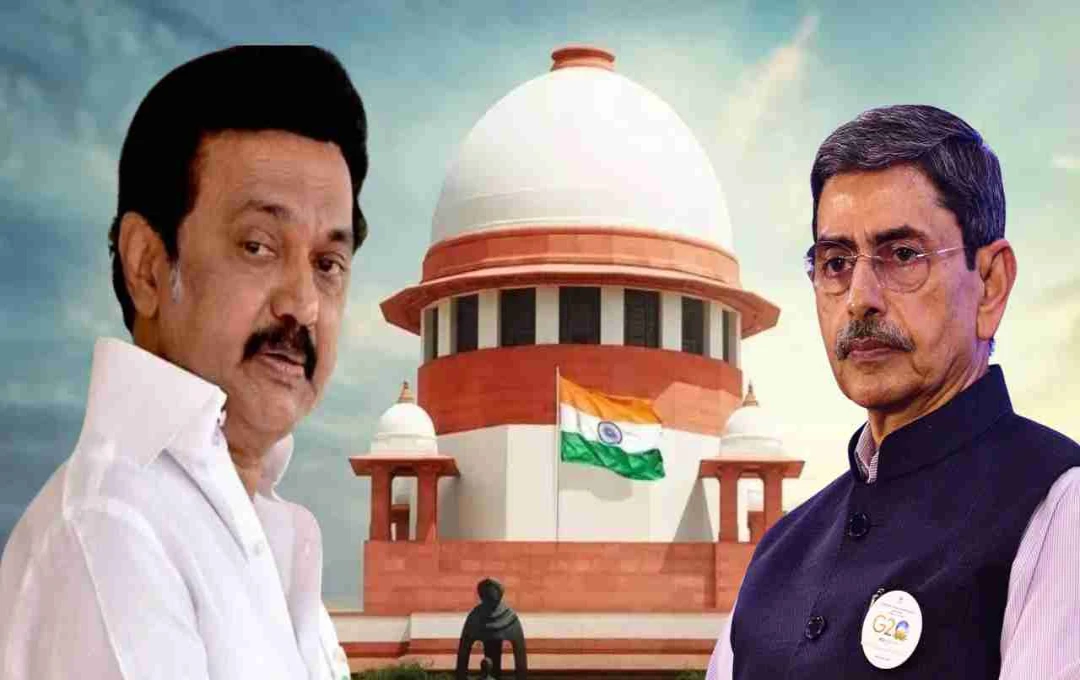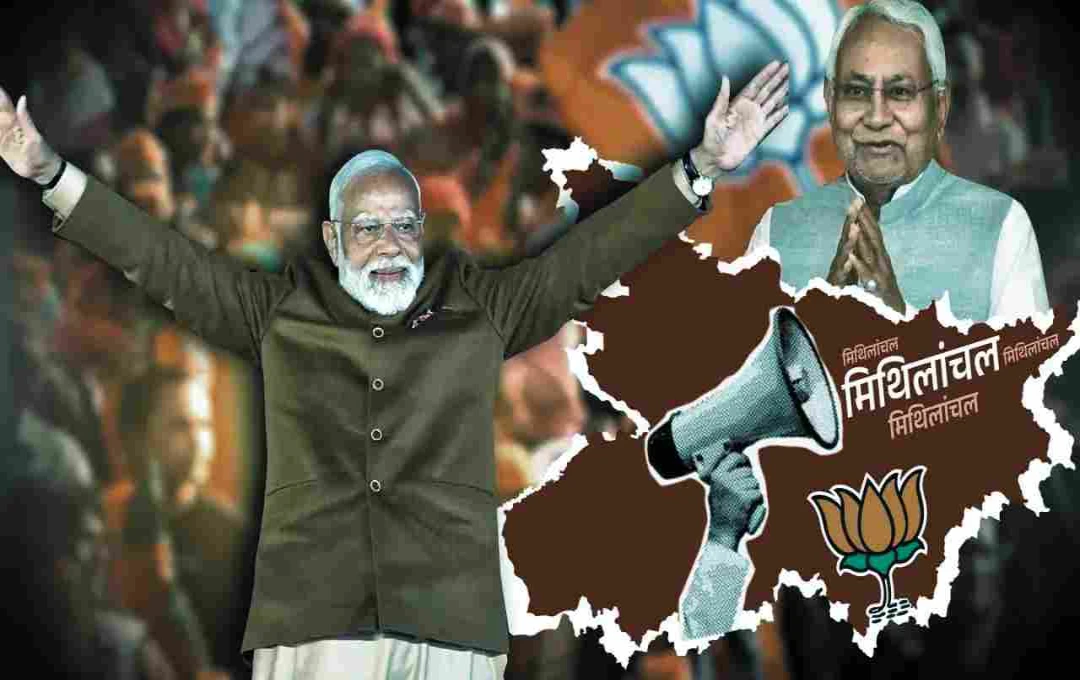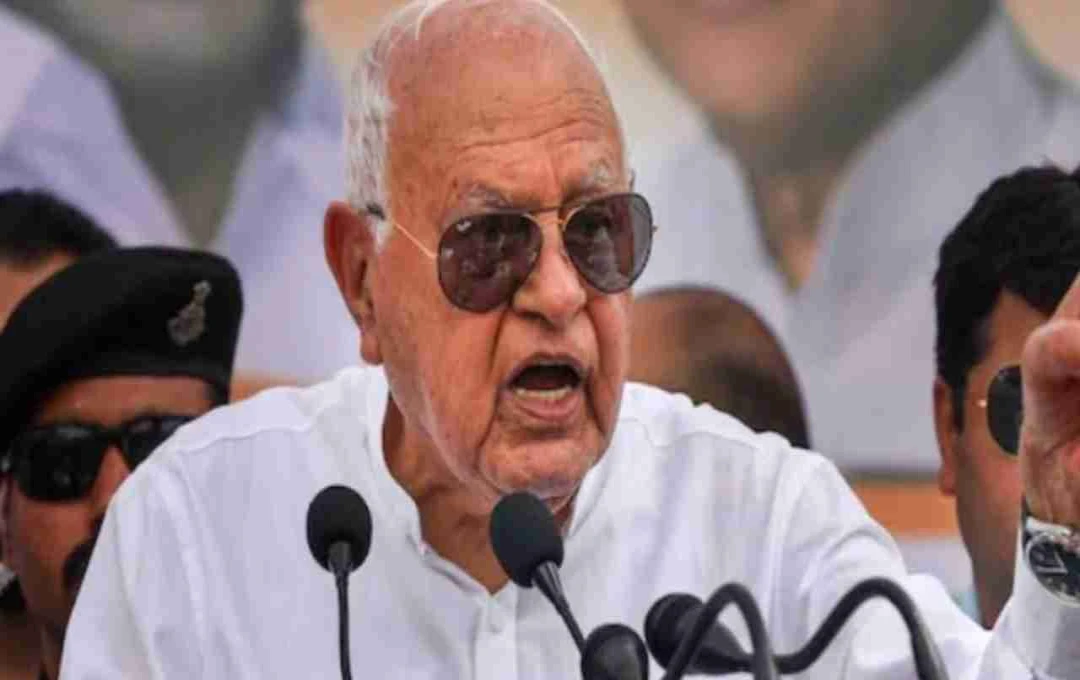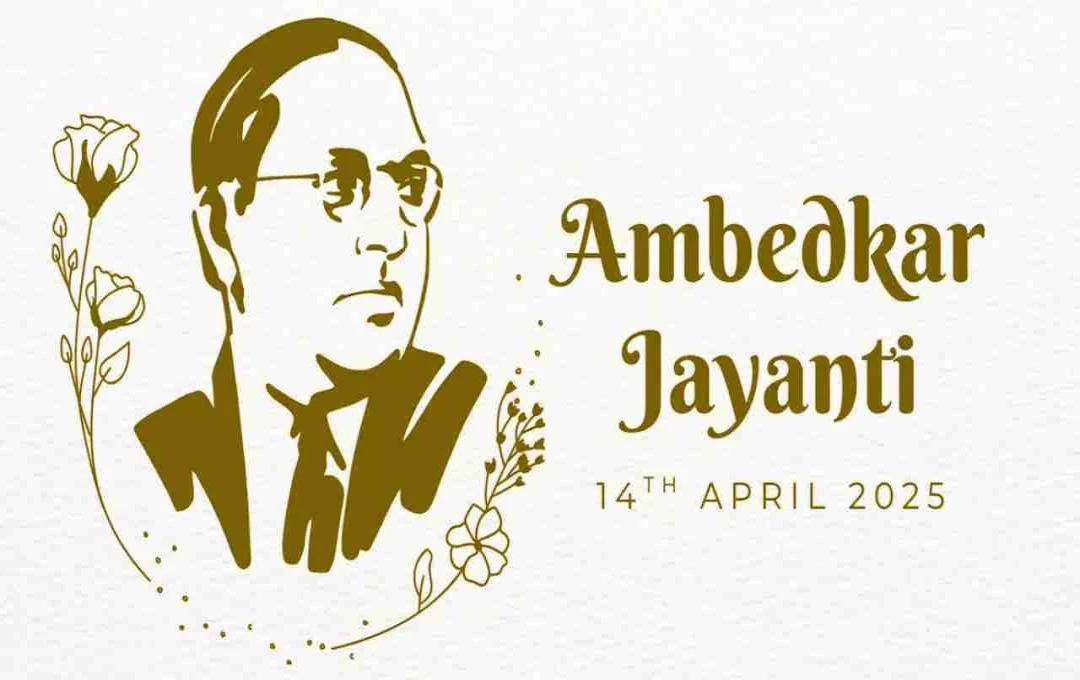Supreme Court Reprimands Governor R.N. Ravi, Rules Delaying 10 Bills Violates Article 200.
SC to Tamil Nadu: India's Supreme Court, in a landmark decision on Monday, clarified that Governors cannot indefinitely withhold legislative bills passed by the state assembly. If a bill is passed again by the assembly, the Governor has no option but to assent to it. This ruling is being viewed as a strengthening of the federal structure.
Court Clarifies Interpretation of Article 200

The ruling came on a petition filed by the Tamil Nadu government, alleging that Governor R.N. Ravi had withheld 10 bills passed by the state assembly for years. The Supreme Court bench, comprising Justices J.B. Pardiwala and R. Mahadevan, stated that Article 200 does not grant the Governor veto power.
Sending Bills to the President is Not a Means of ‘Delay’
The Governor argued that he had sent some bills to the President, which falls within his purview. However, the court clarified that assenting to a bill passed again in its original form is mandatory. Sending it to the President is against the spirit of the Constitution if used merely for delaying tactics.

10 Bills Deemed Assented from the Date of Resubmission
The court directed that the 10 bills, re-passed by the Tamil Nadu Assembly, will be deemed to have been assented to from the date they were resubmitted to the Governor. This decision is being seen as a b message for governance and democracy.
Welcoming the decision, several constitutional experts and political analysts have described it as clarifying the role and responsibility of the Governor. Furthermore, it is considered a significant step towards granting states greater autonomy from central interference.














